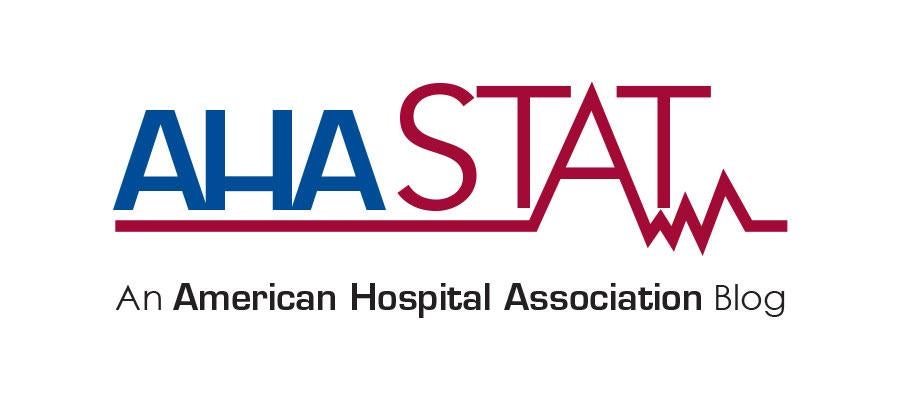Another flawed article on hospital consolidation gets undeserved attention

Chief among the flaws in the most recent study on hospital consolidation published in the New England Journal of Medicine was that its conclusions were informed by preconceived notions of what the authors thought the data should show, which was then undermined further by the arbitrary choices made in comparing hospitals. Unfortunately, the media, once again, failed to closely examine the conclusions, in many instances exaggerating or misrepresenting the findings to manufacture attention-grabbing headlines.
The study tried to compare quality performance in merged or acquired hospitals to the performance of those not involved in mergers. To create these two groups for comparison, the authors made a number of seemingly arbitrary choices about what types of merger and acquisition transactions to include or exclude from their analysis. For instance, they chose to exclude mergers that occurred outside of a short window between 2009 and 2013. They also excluded any transaction in which the acquired hospital takes on the ID of the acquirer post-merger, which some studies have shown are the most likely to generate cost savings.[i], [ii], [iii] These decisions may have impacted their ability to draw meaningful conclusions from the data and undermine the validity of their findings.
Moreover, the authors interpreted the results in ways that fit their preconceived notions. For example, they dismiss increases in clinical-process measure performance as inconclusive because the increase began in the pre-merger period. The existence of such a pre-merger increase indicates that their selected “control group” of non-acquired hospitals may be an invalid basis of comparison. In addition, based on our analysis, the clinical-process measures had not just improved, but had all reached scores well above 90% (averaged nationally) by the end of the study period, which is consistent with the delivery of high-quality care.[iv]
In fact, the authors’ results paint a broader picture of hospital and health systems’ success. The findings demonstrate that 30-day readmission and mortality rates were stable over the study as a result of tremendous and sustained efforts among hospitals and health systems. Despite this, multiple media accounts of the study completely mischaracterized the findings to say, falsely, that overall quality clearly suffered as a result of consolidation. One piece went so far as to allege that the study showed that consolidation makes us sicker, when it said no such thing.[v] All this demonstrates the extent to which pundits and even some researchers approach this topic with their minds already made up, regardless of the evidence.
The facts are that in addition to improving quality, mergers produce important cost savings and do not increase revenues, based on a recent study.[vi] And, importantly, mergers can keep hospitals viable and access to essential care available in their communities. Communities rely on their hospitals and hospitals often need partners to continue to serve those communities with high quality care that keeps pace with local needs. Those are the facts.
Melinda Hatton is AHA general counsel; Aaron Wesolowski is AHA vice president for policy research, analytics and strategy; and Benjamin Finder is AHA senior director for health analytics and policy.
[i] Connor, Robert A., Roger D. Feldman, and Bryan E. Dowd, “The Effects of Market Concentration and Horizontal Mergers on Hospital Costs and Prices,” International Journal of the Economics of Business 5, no. 2 (1998): 159-180.
[ii] Alexander, Jeffrey A., Michael T. Halpern, and Shoou-Yih D. Lee, “The Short-Term Effects of Merger on Hospital Operations,” Health Services Research 30, no. 6 (1996): 827-847. (Available at https://www.ncbi.nlm.nih.gov/pmc/articles/PMC1070095/.)
[iii] . Spang, Heather Radach, Gloria J. Bazzoli, and Richard J. Arnould, “Hospital Mergers And Savings For Consumers: Exploring New Evidence,” Health Affairs 20, no. 4 (2001): 150-158, doi: 10.1377/hlthaff.20.4.150. (Available at http://content.healthaffairs.org/
content/20/4/150.full.)
[iv] Medicare Hospital Compare. https://www.medicare.gov/hospitalcompare/search.html
[v] https://www.cnbc.com/2020/01/21/hospital-monopolies-are-making-us-poorer-and-sicker.html
[vi] https://www.aha.org/2019-09-04-charles-river-associates-report-hospital-merger-benefits

